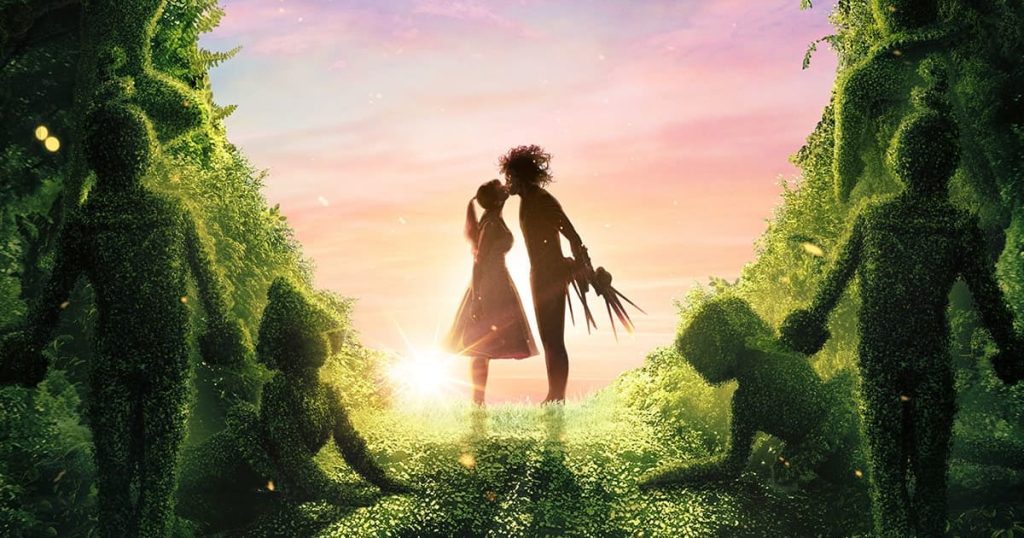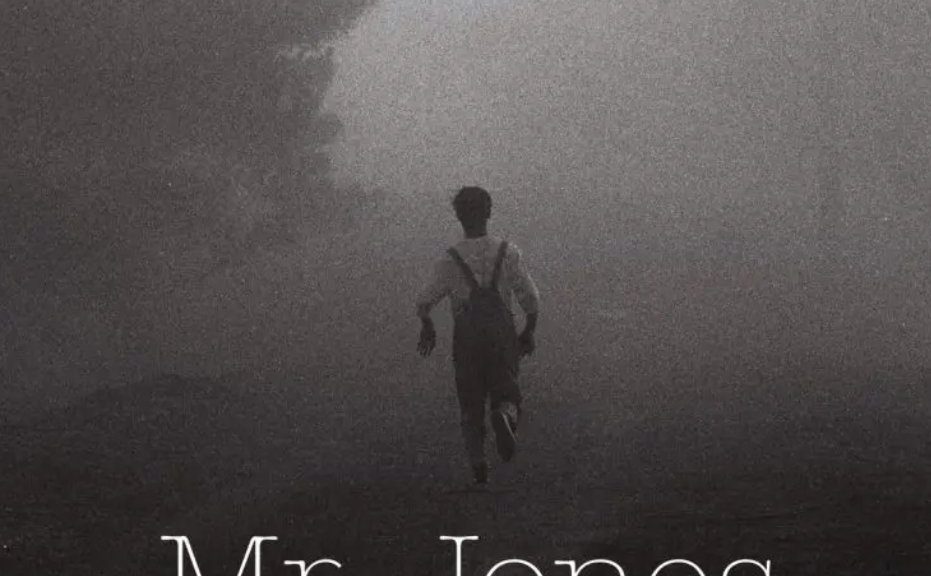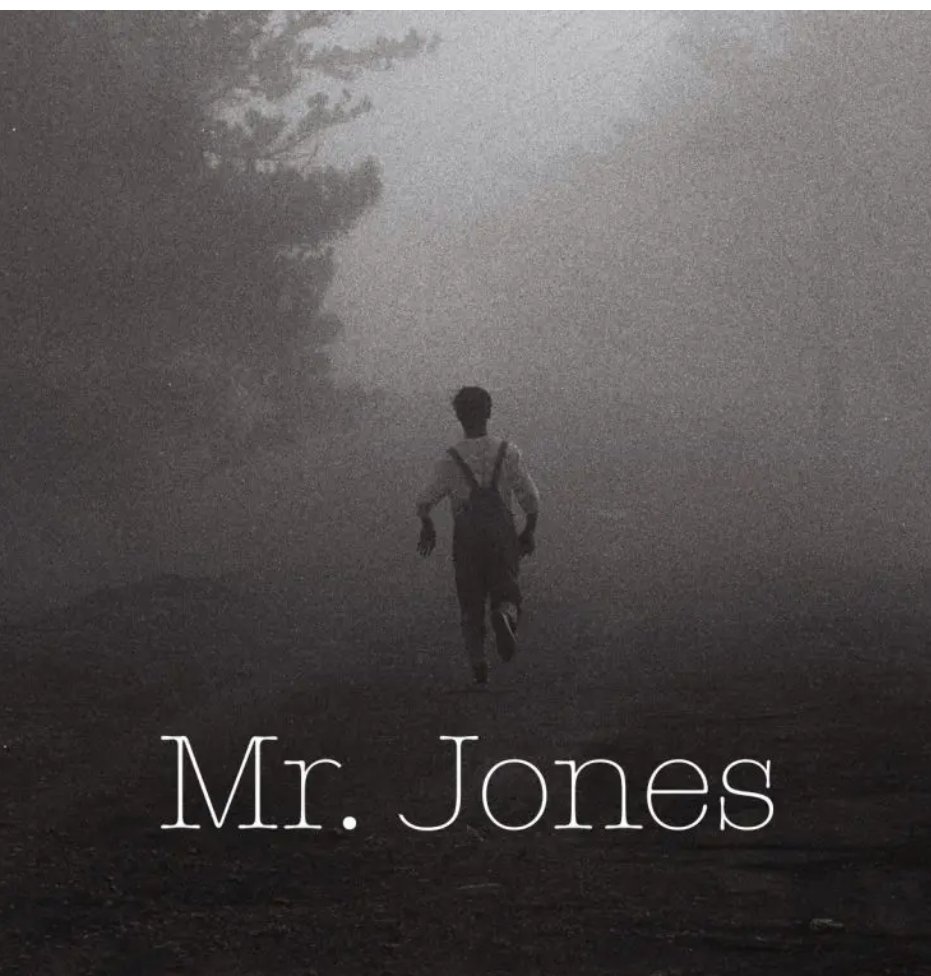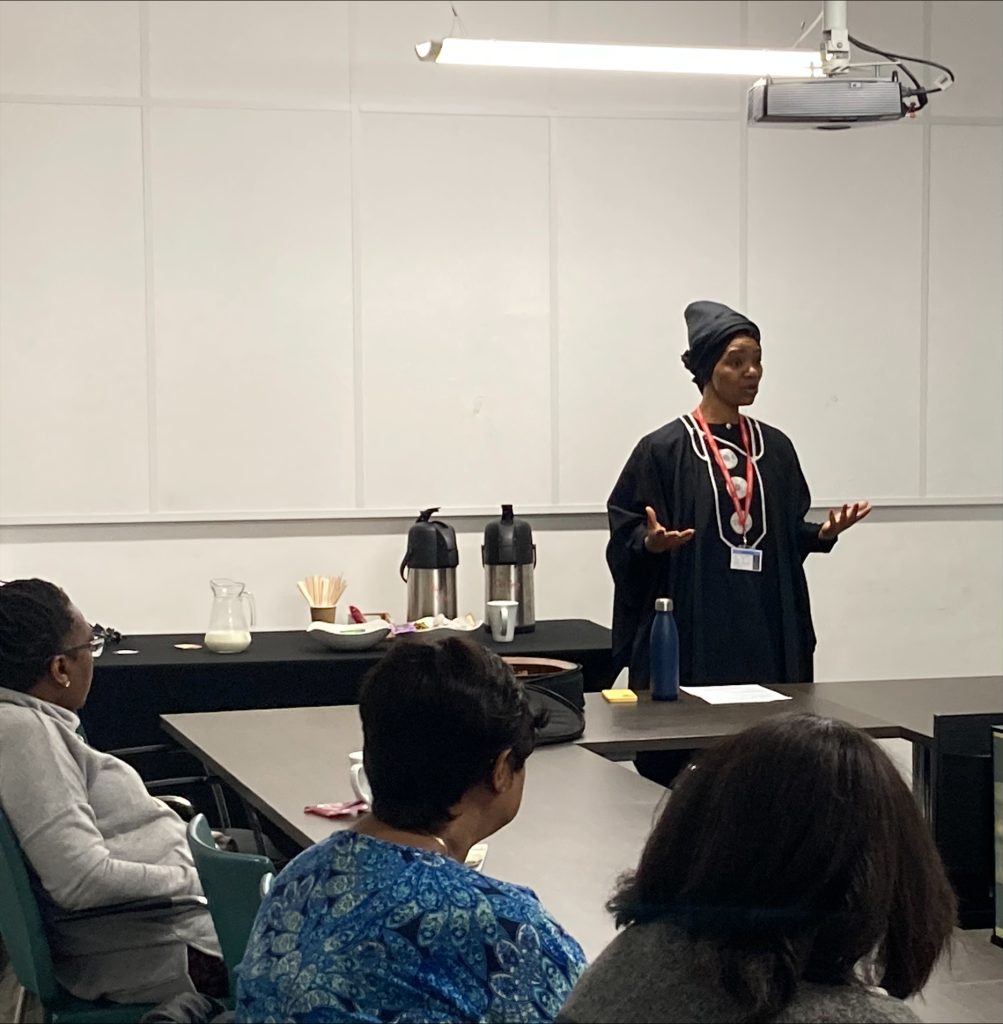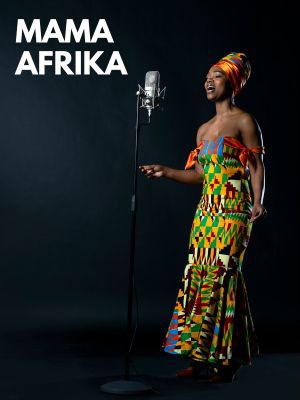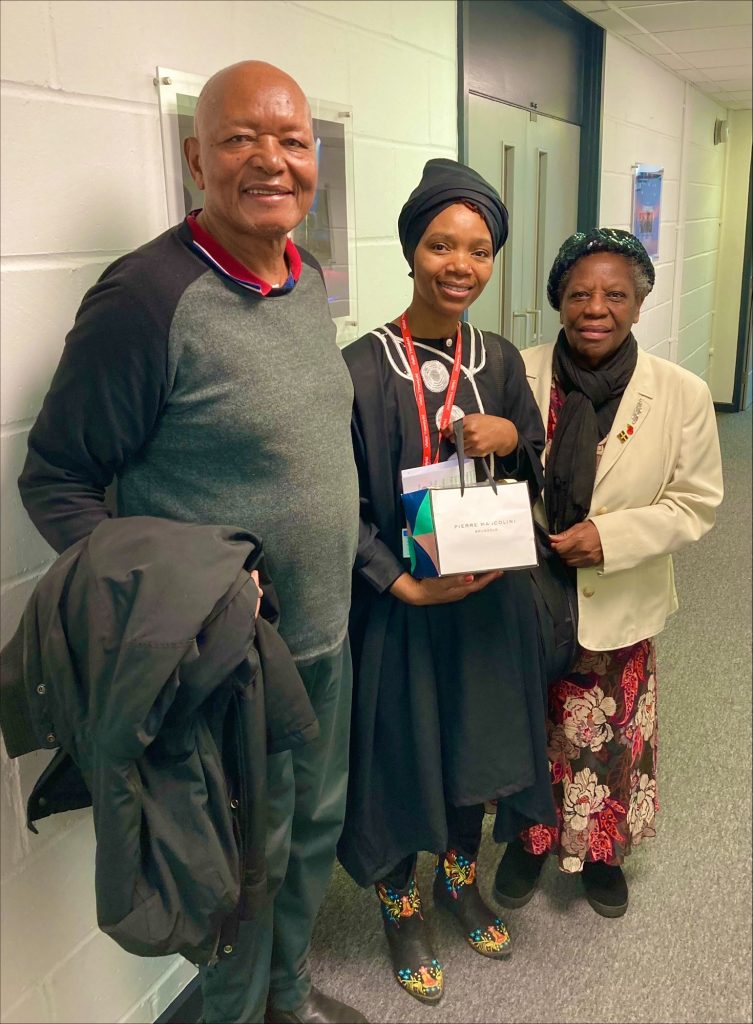
The Death & life of All of Us explores themes of identity, self-judgement, sexuality, acceptance, loss, growth, transformation. Whilst touching on indifferences when born into families with long-standing cultural traditions and morally influenced cultural beliefs that no longer serve us, therefore, battling internal-conflict to rebuild identify through adaptations and changes as we navigate through our destined life path.
From video recordings projected onto three different screens set like a cubicle around the stage to a live sound mixer joined with Victor on the stage, the audience were taken into the mysterious yet curious enchanting world of Victor, who from young wanted to escape from the confinements of his politically correct world where he could feel truly liberated and be honest with himself and his loved ones without feeling guilty as a heterosexual man from both Jewish & Arab descent.
The Death & Life of us All; initiates up close and personal incentives as we dive into his world of trust, love, intimacy, family secrecy and privacy. Victor’s preserved footage documented the openly loving yet securely enclosed connection he shared with his self-disciplined great aunt Marcella, the more she shared during the short clips about her past affiliations, left you hungry and eager to know and hear more! Due to the highlights of political powers intervening due to her past love interests working in elite jobs, and harassment/stalking from officials within governmental affairs and more – we could only sympathise and emotionally connect with her to gain sufficient support & protection during the rest of her chosen secluded life.
This play explores the unknown emotional turbulences we can all experience as a result of what we are made to identify as due to cultural/traditional beliefs and upbringing, confrontation of self as we mature due to no longer wanting to identify or follow what we have been indoctrinated or conditioned into from birth. Death and life serves as a metaphor where we are consciously taken through the maze of our own lives to acknowledge the concept of our past, present and future to simultaneously remind us that time is not linear and that the past is constantly flowing into now back & fourth.
Towards the end of the play we see how Victor gets lost in dance and rhythm as the music genres Dub mixed with Lebanese traditional sounds combine. The ambience increased as Victor’s dancing became exaggerated, eventually wearing him out. How our energy can slowly deflate as we reveal our heart, release personal stories, unleash nuances and strive to maintain the newly found sequences to our much preferred routine, structure and lifestyle choices with or without our family approval.
The melody of this play is packed with Victor’s humour, sarcasm and wittiness as you simultaneously ponder the duality and the significance of death & life.


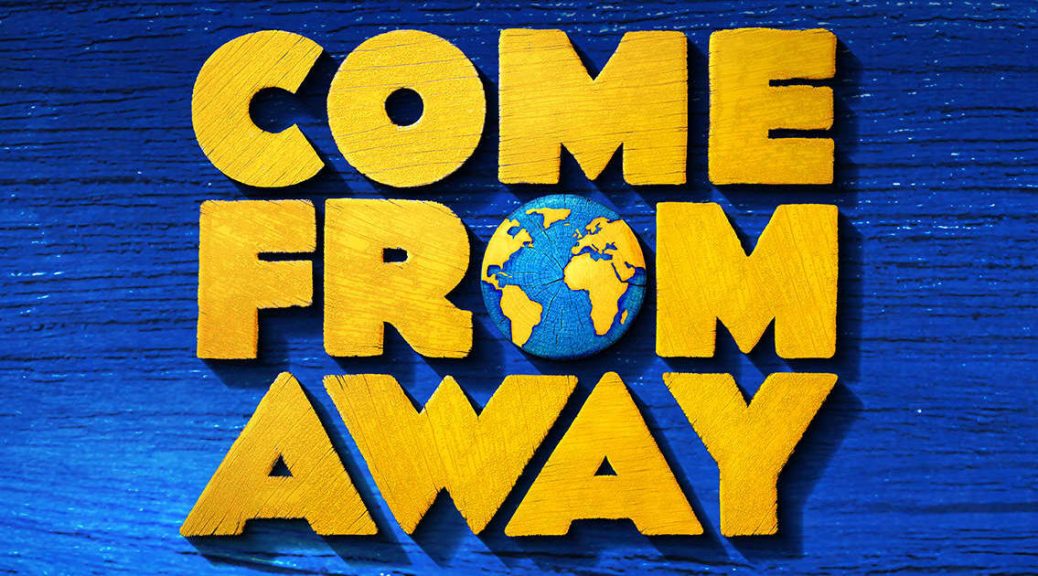
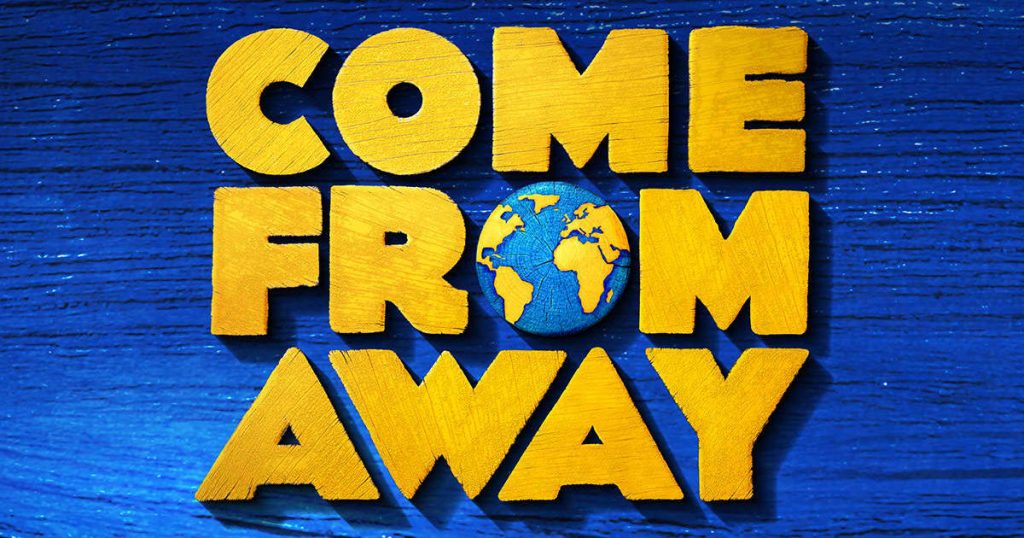
 (5 / 5)
(5 / 5)
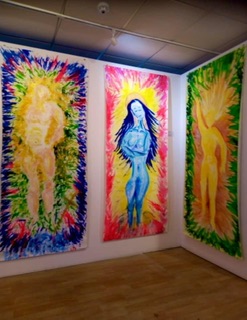
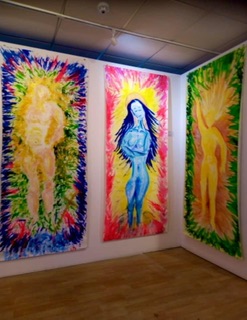
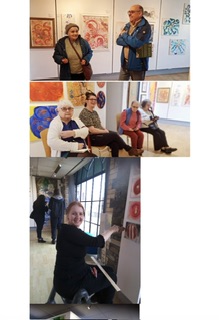
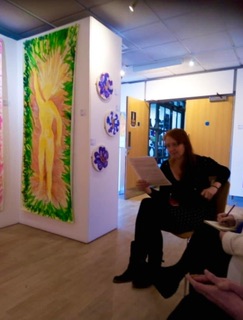
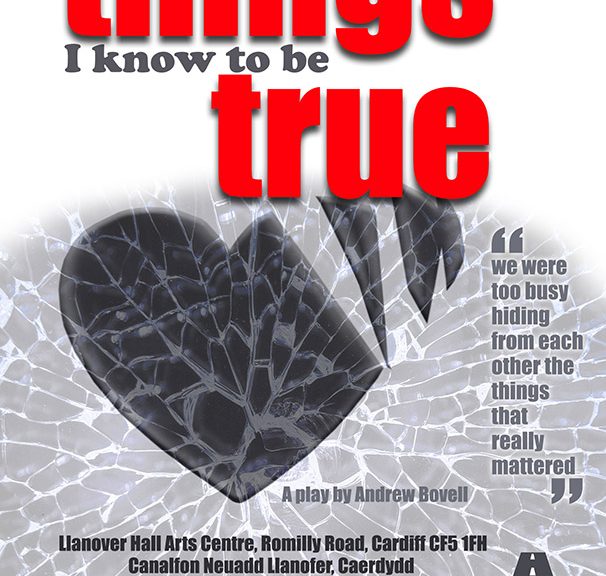
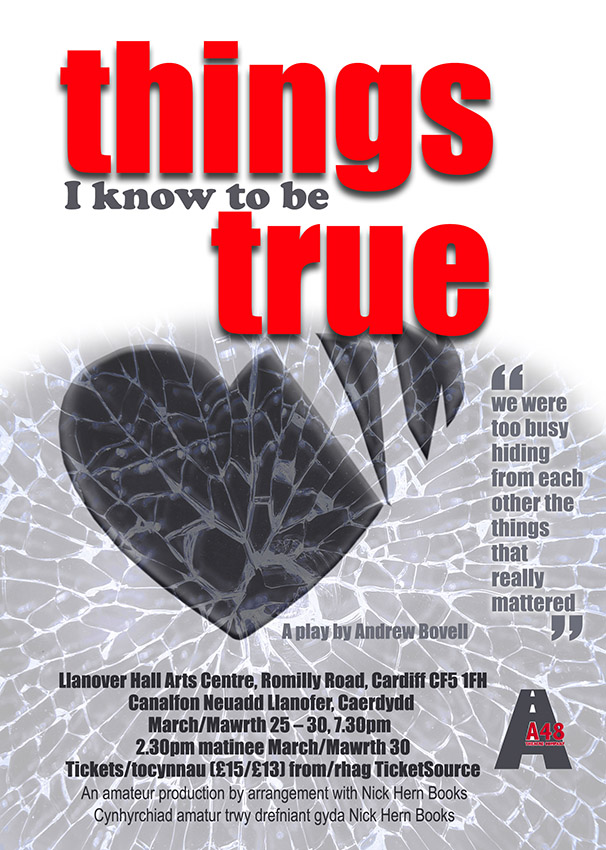
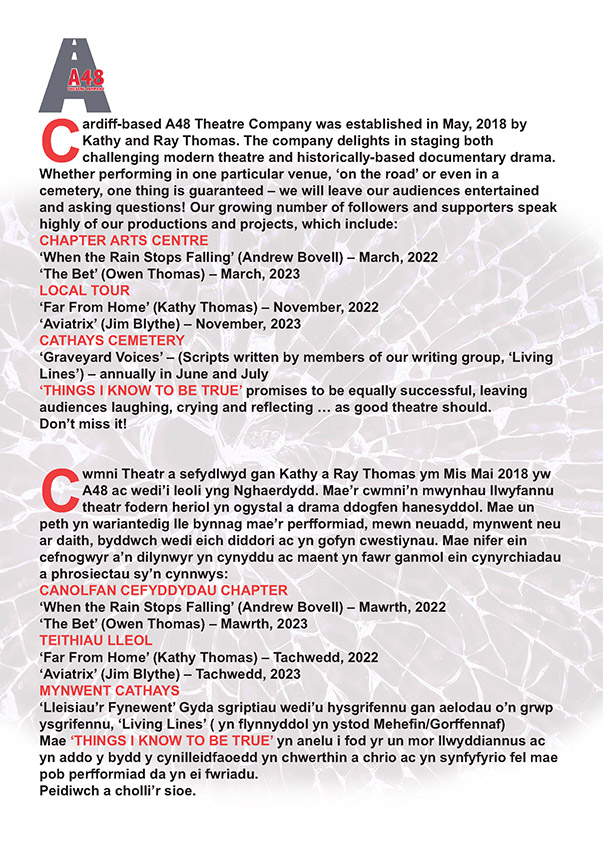
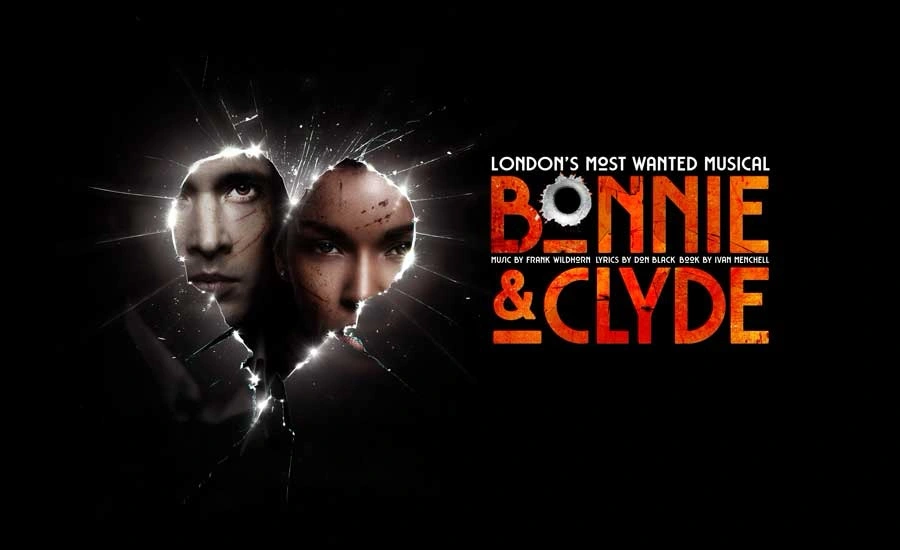
 (4.5 / 5)
(4.5 / 5)
 (4 / 5)
(4 / 5)
